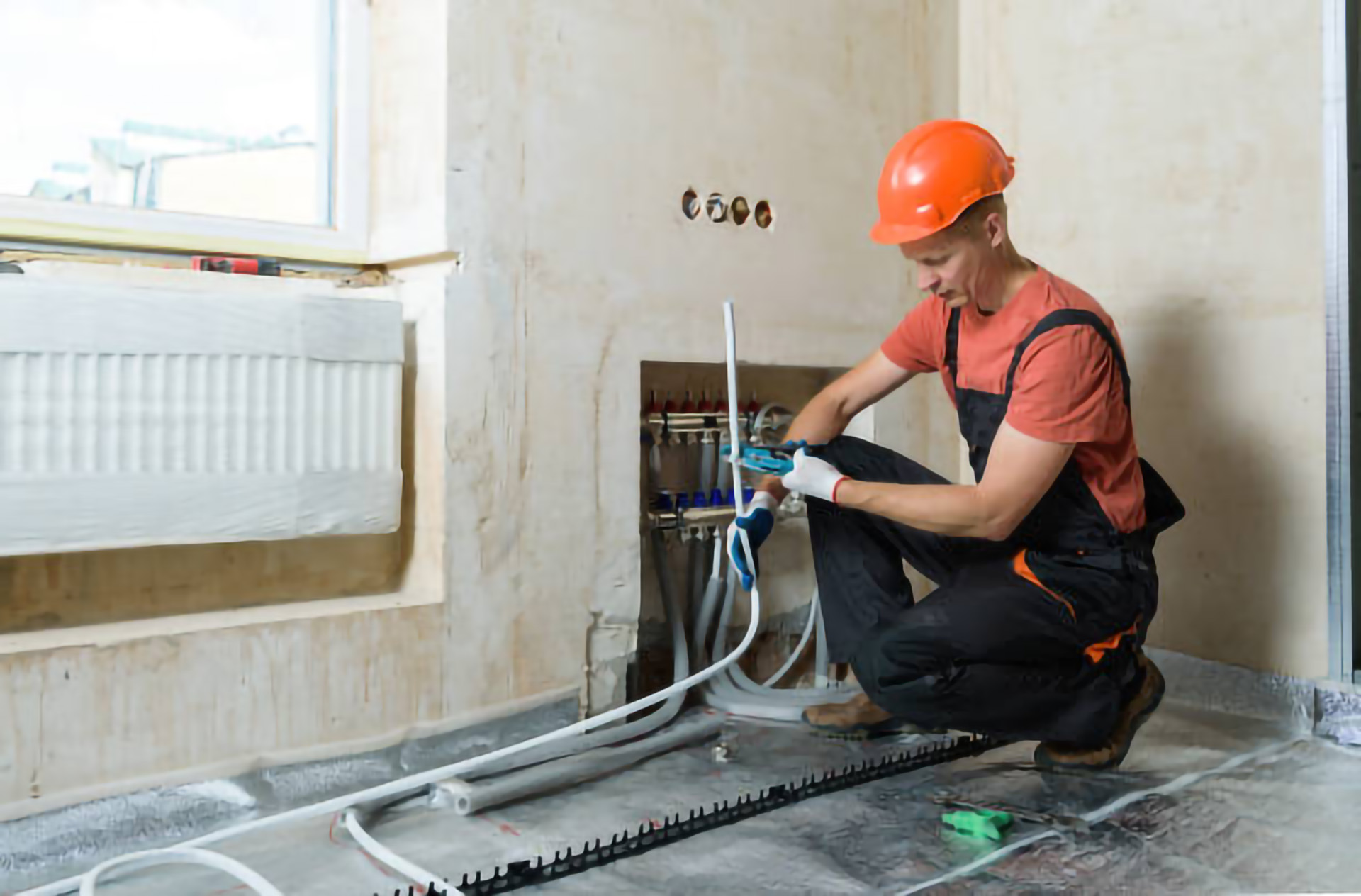In today’s era of environmental consciousness, sustainable living practices extend beyond recycling and energy efficient appliances to include every aspect of our daily routines, including plumbing. Reducing energy consumption and minimising our ecological footprint are both sustainable plumbing practices which can be adopted to make significant environmental contributions. We’ve identified several effective strategies for implementing sustainable plumbing practices in your home. From installing water saving fixtures to harvesting rainwater, discover how small changes can lead to significant environmental benefits while also saving you money.
Water conservation and energy efficiency are crucial components of sustainable plumbing practices that can significantly benefit both homeowners and the environment. Installing water saving fixtures, such as low flow taps, showerheads, and toilets, offers immediate advantages by reducing household water consumption. These fixtures can cut water usage by up to 20% without compromising performance. The financial benefits are evident through lower water bills, providing long term savings while also decreasing the energy required to heat and distribute water throughout the home. Similarly, upgrading to energy efficient appliances further enhances the sustainability of your plumbing system. Modern technologies like heat pump water heaters and tankless water heaters consume less energy than traditional storage tank models. For instance, heat pump water heaters can reduce energy use by up to 50%, offering substantial savings on utility bills while also lowering greenhouse gas emissions associated with energy production.
Beyond financial savings, these upgrades improve overall system performance and reliability. Energy efficient appliances provide consistent heating and cooling capabilities, optimise water usage, and often come with longer warranties, reducing maintenance costs over time. By embracing these technologies, homeowners not only enhance their comfort and convenience but also demonstrate a commitment to environmental stewardship and responsible resource management. Choosing water saving fixtures and energy efficient appliances is a proactive step toward creating a greener home and contributing to global efforts to conserve natural resources for future generations.
Promptly addressing plumbing leaks and implementing rainwater harvesting are essential practices in sustainable plumbing that offer significant environmental and practical benefits. Addressing leaks, whether in taps, toilets, or pipes, is crucial as even minor leaks can waste substantial amounts of water and lead to increased water bills. By promptly repairing leaks, homeowners not only conserve water but also prevent potential damage to property and infrastructure, such as mould growth and structural deterioration. Simultaneously, harvesting rainwater presents a proactive solution to reducing reliance on municipal water supplies for non-potable uses. Rainwater harvesting systems capture and store rainwater from roofs and gutters in tanks or barrels, which can then be used for activities like watering gardens, washing cars, or even flushing toilets. This practice not only conserves precious drinking water resources but also reduces stormwater runoff and alleviates pressure on local water supplies during dry periods.
The benefits of these practices extend beyond water conservation. Addressing leaks promptly, helps lower water bills and reduces energy consumption associated with treating and pumping water. It also promotes a healthier indoor environment by preventing moisture buildup that can lead to mould and mildew growth. Meanwhile rainwater harvesting systems contribute to sustainable water management by decreasing demand for treated water, thereby supporting environmental conservation efforts and reducing strain on municipal infrastructure. From a financial standpoint, these practices offer long term savings and potential cost efficiencies. Fixing leaks promptly prevents water wastage and mitigates the risk of costly repairs from water damage. Similarly, rainwater harvesting systems can lead to reduced water bills and may qualify for rebates or incentives from local governments promoting sustainable practices. By integrating these strategies into their homes, homeowners not only enhance the sustainability and resilience of their plumbing systems but also play a role in building more environmentally responsible communities for future generations.

